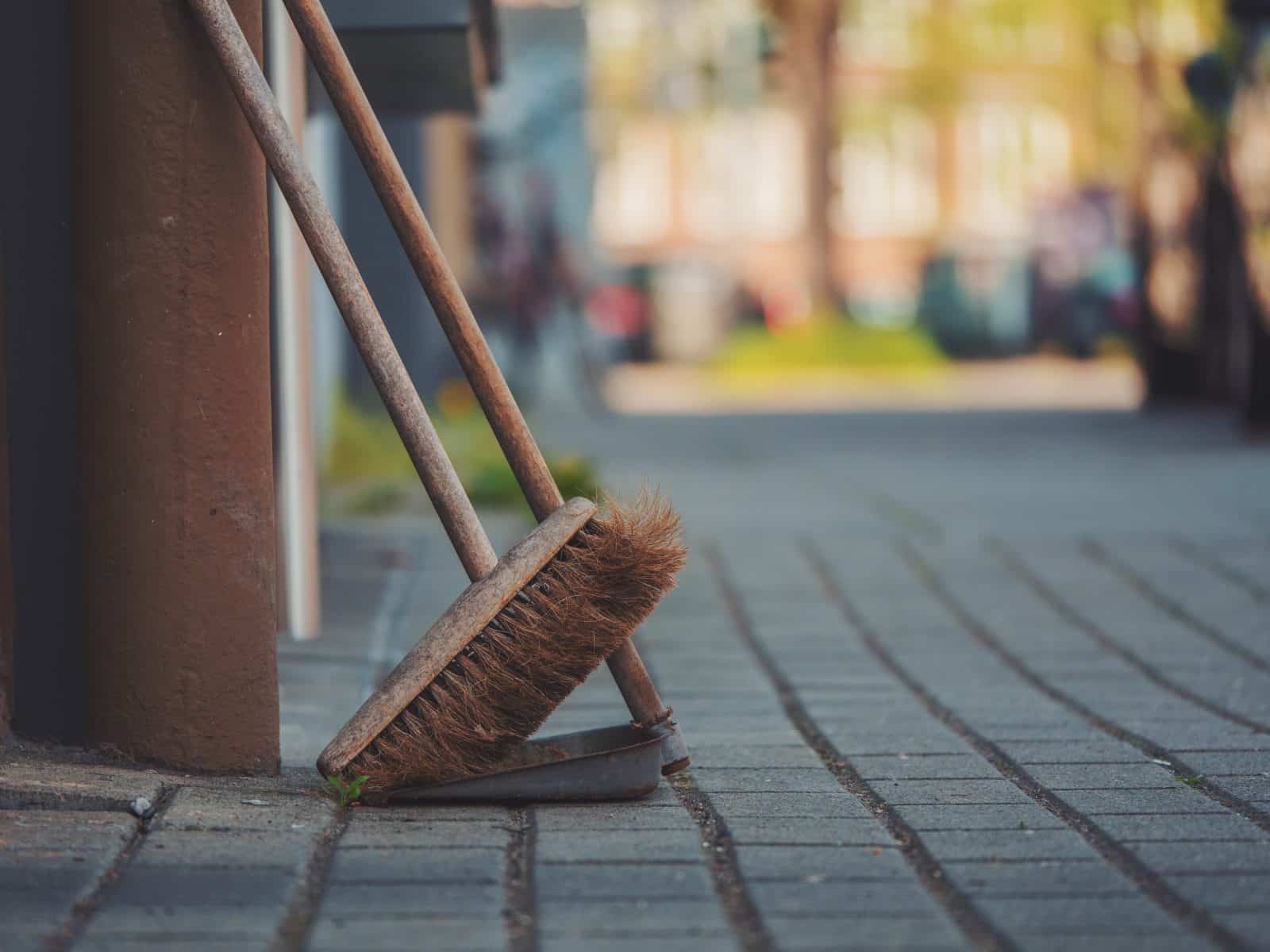
HONG KONG (SE): The Catholic Commission for Labour Affairs urged the Labour Department of Hong Kong to table legislation to include the illness caused by the Covid-19 coronavirus as an occupational disease under the labour law as soon as possible. In its statement on February 5, the commission also pointed out that cleaning workers, who have been shouldering the heavy responsibility of maintaining public hygiene during the present outbreak, are seriously lacking the necessary protection, as shown by a survey it carried out together with other organisations. It urged the government to learn from the SARS epidemic of 17 years ago and provide timely protection for employees.
It recalled that in March 2003, the Labour Department only issued a guideline reminding employers that firing employees infected with SARS or whose family members were infected could be regarded as discrimination.
At that time, it was hard for employees who contracted the illness in their workplace to fight for compensation because for any sicknesses other than occupational diseases, the burden of proof to show the source of infection was related to work fell to the employees. The compensation process was also long.
It was not until 2005 that the SARS was legally listed as a compensable occupational disease, which made it easier to claim compensation. However, for many it was too late.
Dorothy Lee Ching-man, secretary general of the labour commission, said that as Covid-19 could be transmitted more easily than SARS, legal protection should be granted not just to frontline medical workers who deal directly with confirmed cases, but also to cleaning workers, salespersons and security officers who may have served the patients.
She said even though it is hard for non-medical employees to prove that they were infected at work, legal protection should still be provided.
“Consider the cleaning workers who collect the rubbish in over 6,000 places under home-quarantine at present, they (are under) a high risk of contracting the disease,” she pointed out.
The labour commission is particularly concerned about the supply of protective materials for cleaning workers in buildings with home-quarantine cases which increases the risk of community outbreak.
It started a related online petition in February, calling for proper protection for employees after receiving complaints from cleaning workers who said they were not given masks by their contractors and that requests for masks were ignored. Some have no choice but to use old masks repeatedly, or to work without masks. Nearly 400 signatures were collected.

From February 7 to 28, the labour commission distributed masks to outsourced cleaning workers while visiting them in over 80 different places, including public toilets, refuse collection points, playgrounds and markets.
“We began with the objective of supplying two masks to each worker, but as we received more masks from donors, we were able provide 10 to each,” Lee recalled.
Over 60,000 masks were donated to the commission by individuals and groups in February. Lee compared the situation to the miracle of five loaves and two fish in the gospels.
The commission, together with Hong Kong Women Workers’ Association, the Hong Kong Confederation of Trade Unions, Oxfam Hong Kong and Health in Action, carried out a survey on 149 outsourced government cleaning workers in 15 regions around Hong Kong from February 6 to 13 so as to see if they were given sufficient protection.
As many as 30 per cent of those surveyed said they were not provided with facemasks by their service contractors. Of those who were given masks, nearly 40 per cent said they were not given one every day. Over 80 per cent said their contractors did not give them guidance on how to deal with masks thrown away on streets. Nearly half said they were not provided with sanitising detergents to clean the rubbish bins or toilets. Nearly 70 per cent of workers said their contractors never asked whether they had travelled to China or required them to be in quarantine.
Over 10 per cent of those surveyed said they are required to do cleaning work in buildings with confirmed cases.
The commission pointed out cleaning work is hard physical work so workers’ masks should be replaced more often. As medical practitioners have already pointed out that a surgical mask should be replaced every four hours, cleaning workers should be offered two masks every day.
It also stressed that as cleaning workers need to deal with a large amount of garbage from different sources which may carry the virus, or clean public facilities, they need to be equipped with the knowledge on how to use face masks, the proper way of washing hands as well as other sanitising skills.
The groups urged the government to increase the supply of masks to cleaning workers, monitor the protections given by the contractors and provide training support. They also urged contractors not to ask workers to clean places with confirmed cases without training and necessary equipment.








